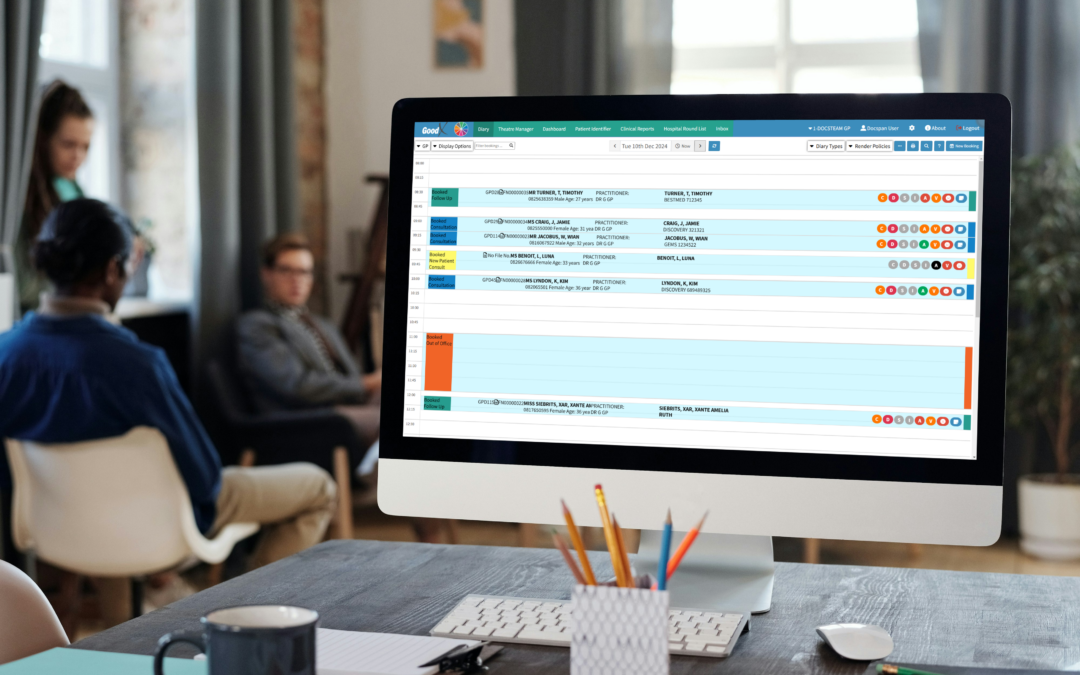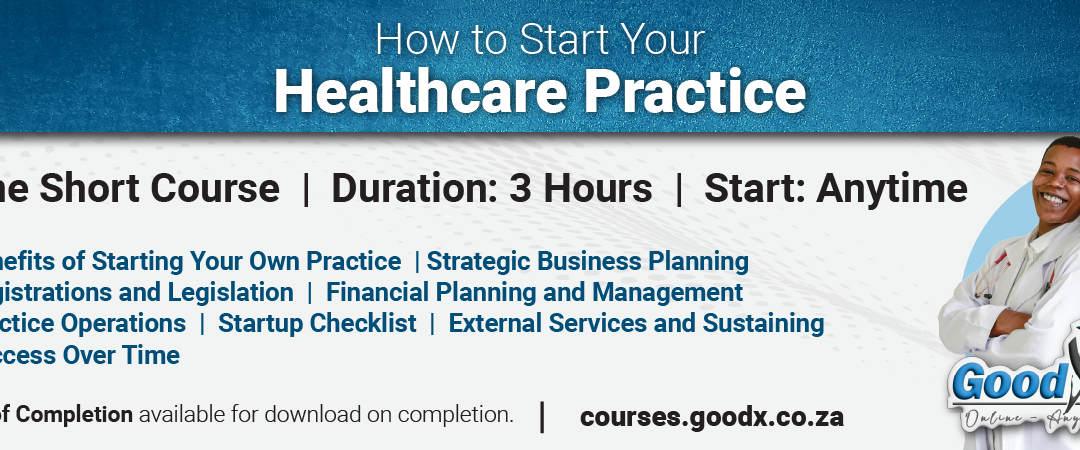Frequent missed appointments and last-minute cancellations are ongoing challenges for many healthcare practices. To counteract these disruptions, patient booking reminders have become an essential tool. By implementing timely reminders, practices can improve efficiency, boost patient satisfaction, and enhance overall care. Below, we’ll delve into the importance of booking reminders and the wide-ranging benefits they offer for both patients and healthcare providers.
Reducing Missed Appointments (No-Shows):
Missed appointments, also known as no-shows, are a common problem across healthcare practices globally. According to various studies, the no-show rate in healthcare can range roughly between 10% and 30%. This can cause significant financial losses for healthcare providers and disrupt practice operations. By sending booking reminders, either through SMS, email, or phone calls, practices can drastically reduce the number of no-shows. A simple reminder allows patients to confirm, reschedule, or cancel their appointments, improving attendance rates and making it easier for practices to manage their schedules.
Enhancing Operational Efficiency:
Missed appointments or last-minute cancellations can leave gaps in a practice’s schedule, leading to inefficiencies and wasted resources. Booking reminders provide an opportunity for practices to better plan their day by either filling empty slots with other patients on the waiting list or reallocating staff and resources more effectively. With fewer no-shows, practices can run more smoothly, maximising their capacity to provide care and minimising downtime.
Improved Patient Engagement and Adherence:
Booking reminders serve as an important touchpoint between healthcare providers and patients. They reinforce the importance of attending appointments and adhering to prescribed care plans, especially for patients managing chronic conditions. Regular communication in the form of reminders keeps patients more engaged with their healthcare and fosters a sense of accountability, ultimately improving health outcomes.
Benefits for Patients
1. Convenience and Better Time Management: In a world where people are juggling work, family, and other obligations, it’s easy to forget about medical appointments. Booking reminders sent through SMS, email, or phone calls offer patients the convenience of being reminded of their upcoming visits without the need to manually track their appointments. Reminders can also offer flexibility, allowing patients to reschedule if necessary, preventing unnecessary inconvenience.
2. Improved Health Outcomes: When patients are reminded of their appointments, they are more likely to attend them, particularly those that involve follow-up visits or check-ups for ongoing treatment plans. For patients with chronic illnesses or those in need of regular monitoring, missed appointments can have serious consequences. Booking reminders help to ensure continuity of care, which is vital for long-term health outcomes. Attending regular check-ups and follow-ups enables early detection of potential health issues, leading to timely interventions.
3. Increased Patient Satisfaction: Patients value communication and feel reassured when their healthcare provider makes an effort to keep them informed. Booking reminders show that the practice cares about their time and well-being, fostering a positive relationship between patients and healthcare providers. Additionally, reducing the need for patients to call and confirm appointments manually saves them time and effort, which increases satisfaction.
Benefits for Healthcare Practices
1. Increased Revenue: Missed appointments represent lost revenue for healthcare practices. Whether the practice runs on a fee-for-service basis or capitation, no-shows still account for wasted time and resources. Implementing patient booking reminders helps to minimise these financial losses by ensuring more patients show up for their appointments or reschedule within a reasonable time frame. This directly leads to higher attendance rates and, consequently, more billable services.
2. Better Resource Allocation: A practice can optimise its resources by reducing missed appointments and cancellations. Booking reminders allow practices to know in advance whether a patient is likely to attend. This leads to better management of staff, equipment, and facility use. If a patient cancels or reschedules, the practice can accommodate other patients who need urgent care or move up patients from a waiting list, ensuring that no time is wasted.
3. Strengthened Patient-Provider Relationships: Frequent communication, such as reminders, helps build trust between patients and their healthcare providers. When patients feel that their healthcare provider values their time and care, they are more likely to remain loyal to that practice and recommend it to others. In a competitive healthcare environment, building strong relationships is key to retaining patients and maintaining a positive reputation.
4. Improved Workflow and Staff Satisfaction: Booking reminders reduce the workload of administrative staff who would otherwise need to manually follow up with patients to confirm appointments. With automated reminders, staff can focus on more critical tasks, improving overall workflow. Additionally, when appointment attendance is optimised, healthcare providers can focus on delivering care rather than dealing with empty slots or adjusting the day’s schedule.
Patient booking reminders play a vital role in streamlining healthcare management. They not only reduce missed appointments and cancellations but also provide clear benefits to patients by offering convenience, improving health outcomes, and boosting satisfaction. In an age where communication is incredibly important, a reliable reminder system has become essential, not optional, for both patients and practices. By adopting such a system, practices can strengthen patient engagement, optimise resources, and enhance their overall financial health.










